Waterfront Ballard from 1900 to 2022: A Photo Essay
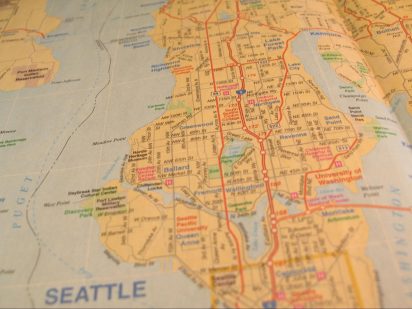
Last fall, I wrote an article for Currents about my hometown’s changing shoreline. This is its companion piece, a brief photo essay about Ballard, the neighborhood where I have lived in northwest Seattle during my second year at SMEA. I will take you through a few landmarks that have remained on Ballard’s waterfront over the last century, reminders of its history and how the neighborhood has been shaped by maritime activities.
Battle on the Black Sea: Maritime Implications of the Russo-Ukrainian War
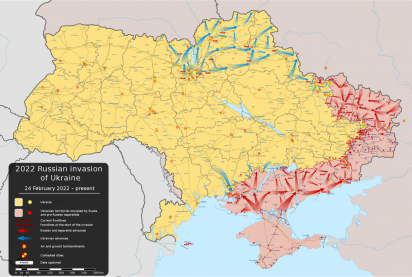
At the time of this writing, the war in Ukraine is an ongoing conflict. This article attempts to capture the situation as accurately as possible with currently available information. It is a rapidly changing situation. This piece focuses on the maritime consequences and is not meant to minimize the tremendous cost paid by everyday people caught up in war.
“The Black Sea is, after all, where many of the world’s largest powers come together.”
– Maximilian Hess, a Central Asia fellow at the Foreign Policy Research Institute
War is destructive.
Museum Decolonization: Moving Away from Narratives Told by the Oppressors

What do museums mean to people, and how have they changed throughout history? How do we move away from the dominant colonial narratives? Today, museums are perceived as both educational hubs and conservation centers that play a significant role in the safeguarding of cultures and histories, as well as crafting national identity. Museums welcome a large variety of visitors from students and children to adults and tourists.
Read moreAn exploration into Anishinaabe food systems – Featuring an adaptation of Freddie J. Bitsoie’s recipe for Manoomin Rice Cakes
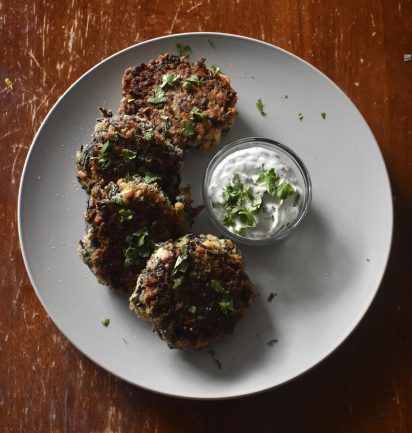
Introduction
Our choices about what we consume and where it is sourced can contribute to positive environmental and social change. Last quarter, I published an article exploring sustainable seafood, diving into fisheries, aquaculture, and ethical seafood sourcing, and a delicious recipe showcasing Pacific Rockfish. It was the first installment of a sustainable eating series highlighting various facets of what it could mean to eat with the environment in mind.
From One Washington to Another: What the Infrastructure Bill will do for Washington State’s Working Waterfronts
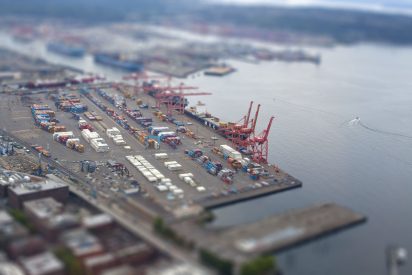
The Thursday of Memorial Day weekend 2013. A caravan of college kids, myself included, were traveling from Bellingham to George, Washington for the now dearly departed Sasquatch Music Festival. We passed over the I-5 Skagit River bridge on our way south. Not long after, as I recall, someone in our car got a call. The back half of the caravan didn’t make it because part of the highway had collapsed.
A Beginner’s Guide to a Just Transition

It was 9 a.m. on a Wednesday morning in June of 2020. In the peak of the pandemic quarantine, I had signed up for yet another virtual webinar. With coffee mug in hand, I settled into the couch and logged onto Zoom. For the next hour, I was captured by the words of Elizabeth Yeampierre. In her talk, Ms. Yeampierre drew a connection between economic, environmental, and climate justice, and she explained how a “just transition” is needed to address this interconnected web of inequities.
Read moreTreating the blues: how blue spaces have a positive impact on mental health
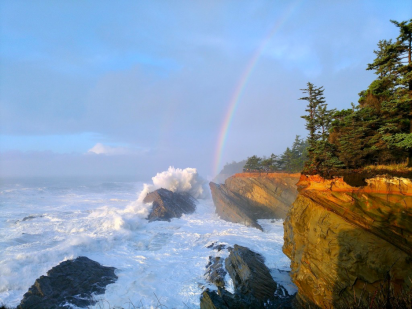
All my life people have asked me how someone from a landlocked mountain state became interested in studying the ocean. The answer has always been surprisingly simple: there’s just something special about the ocean. For me, being near or around water elicits strong emotional responses, and many of my peers have expressed similar sentiments. Whether those are feelings of respect and fear, or awe and wonder, the water makes us feel something.
Read moreContemporary History: Understanding the Racial Background within the United States Aquatic Food System
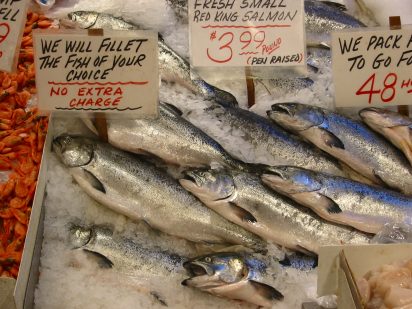
In the United States, researchers, managers, and producers often frame aquatic food production systems based on benefits to people. When describing the ecological dimensions, researchers might focus on the climate mitigating benefits of farming kelp, or how shellfish aquaculture can improve water quality by putting more filter feeders into the water. Policymakers seeking to increase aquatic food production might tout the nutritional benefits of aquatic food-based diets, from overcoming valuable micronutrient deficiencies to having the potential to account for 13.7% of the global protein intake.
Read moreReflections on Knowledge Sharing to Build Community
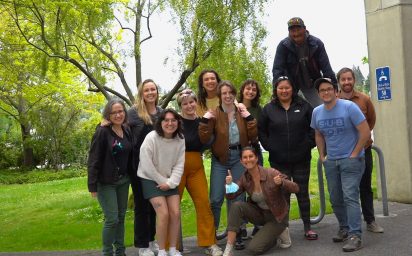
As we write this article, only a month remains until our graduation from the School of Marine and Environmental Affairs (SMEA) Master’s program. It is starting to feel like there is a light at the end of the tunnel – one of us gets to finally not be a student for the first time ever, and the other gets to continue building on the momentum cultivated while at SMEA by beginning a PhD program.
Read moreGreenconsumption effect: how the “warm glow” feelings could contribute to a pattern of unsustainable consumption

I am ashamed to admit the amount of excitement I felt when the package arrived. The familiar ding on my phone made my heart jump and I hurried to the door, trying to hide the growing smile on my face. I opened the box, gingerly removing each brown-paper-wrapped gift: glass spray bottles, cleaning solution concentrate, and bar soaps, shampoo, and conditioner.
Read moreWho do we become when we leave home? On seasonal change, the coast of Maine, and moving away
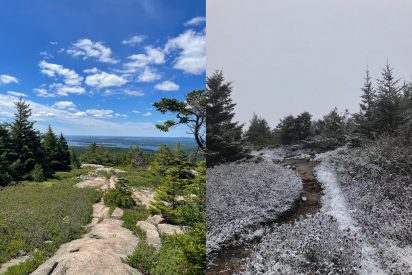
There is sand for miles and miles and miles. Dark and gleaming on this blustery spring day, the sand sinks softly under my feet as I walk the beach up and down. I have on my foul weather jacket – bright red with a neon reflective hood that velcros up to my chin keeping out all the pelting rain. I know the ocean.
Read moreLessons From River Otters
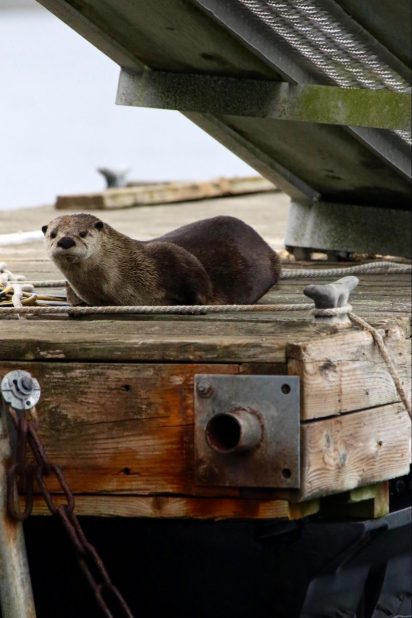
The Green River bubbles to life high up in the Cascade Mountains of Washington State and flows northwest. It empties into Puget Sound as the Duwamish River, just south of downtown Seattle. Although I grew up less than twenty minutes away, I never spent any real time on the Duwamish River, nor did I have any sense of its history. That changed five years ago, when I found myself involved in the Duwamish clean-up effort in an unlikely way.
Read moreBig bad wolf and other tales: How psychology shapes our perceptions of wildlife
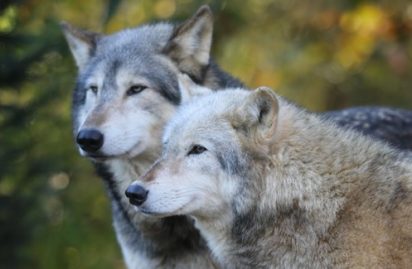
People tend to consider themselves rational beings, carefully analyzing new information to make conscious, informed, and logical decisions. However, the science tells us that we are anything but rational. Human decision-making relies on a great many mental shortcuts, pulls from personal experience and societal norms, moderates between established values and malleable behaviors, and makes compromises to compensate for a lack of information.
Read moreReflections and Recommendations: What is Kat Reading?
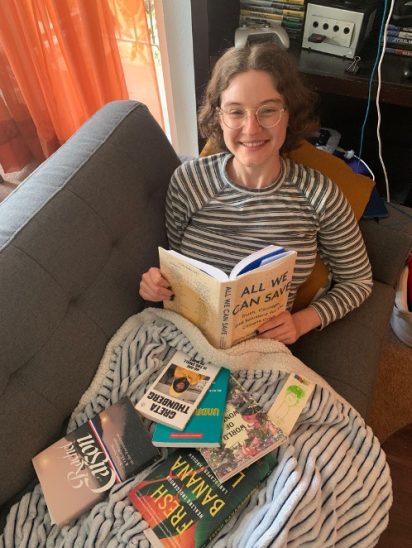
Since I started pursuing my bachelor’s degree in marine biology, my dad has gifted me books for what he calls my “professional library.” As my shelves filled, so did my schedule, until there was little time to read for pleasure. Reading has always been a passion of mine, and I have always been dismayed when there is little opportunity to immerse myself in whatever book is calling my name.
Read moreWill COVID-19 change public opinions on science?
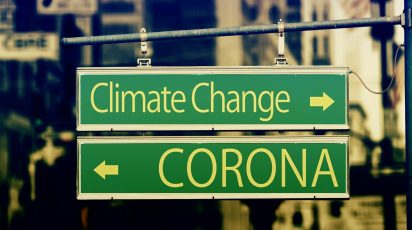
In a world full of increasing challenges, like the global COVID-19 pandemic caused by a novel zoonotic virus or the creeping threat of climate change, scientists and experts help guide society through the unknown. However, when expert involvement results in restrictions on personal freedoms, like whether one can visit a restaurant or has to pay an extra tax on their gasoline, recommendations meet resistance.
Ghost Gear of The Gulf of California
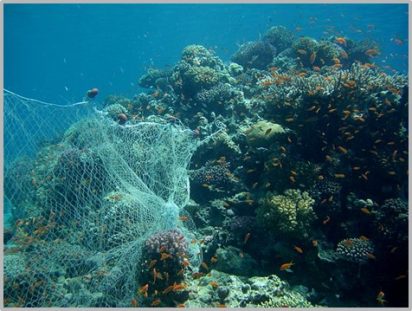
Ghost fishing gear has been a focal topic of debate within environmental conversations across the globe in recent years. The issue of fishing equipment abandoned or lost at sea, and associated problems when this gear catches something, are particularly prevalent within the Gulf of California, Mexico. The ghost gear found within this region has received particularly high attention due to its notable negative repercussions for the nearly extinct vaquita population.
Read moreExploring Sustainable Seafood-Featuring a recipe for garlic & herb encrusted Pacific rockfish
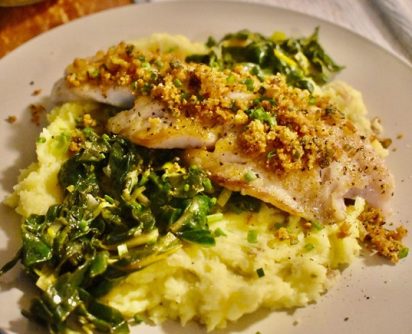
Growing up in Michigan, I always looked forward to eating fish. Surrounded by freshwater, my childhood was filled with catching bluegill in ponds and perch in lakes. I remember spending time with my family, watching my uncle dredge the perch in batter and dip it in the fryer. To this day, it is still one of my most vivid food memories and favorite meals.
Read moreThrough a White Colonial Lens: A Look into the US Education System
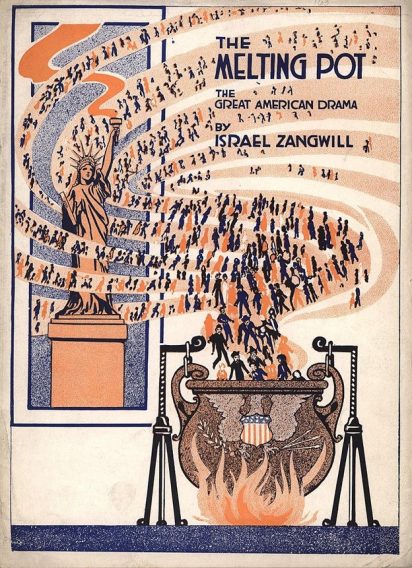
What is taught in American public schools? Or more importantly, what is not taught in American public schools and why are these topics left out?
Throughout my own education and that of others raised in the U.S., American history has been taught from a white perspective, a reflection of this country’s extensive white colonial past. Not only does this narrative provide an extremely narrow perspective of the world, but it also completely ignores the stories and knowledge of Black, Indigenous, and People of Color (BIPOC) communities.
Indigenous Youth Leadership: Resistance in the Age of Pipelines
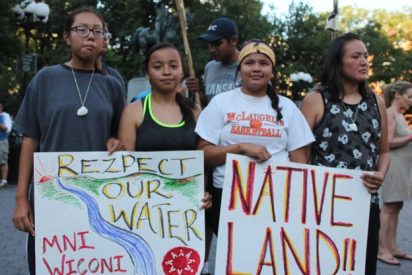
In the age of social media, it has become easier than ever to stay up to date with social movements and protests both domestically and internationally. The internet has created a new way for groups to tell their stories and provide information without a third party. The power of this information sharing can be seen throughout modern anti-pipeline movements around North America such as #IdleNoMore, #NoDAPL, and #StopLine3.
Read morePlastic Pollution: A Global Problem That Starts With Us
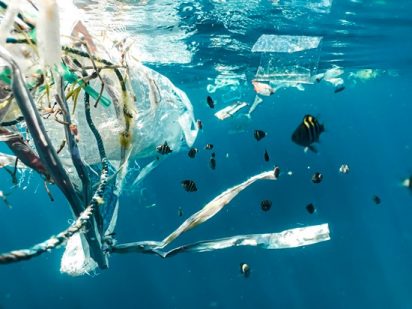
At 4:00 am my alarm goes off. I’m on the remote coastline of Washington in Olympic National Park. Slow to rise, I fumble for my headlamp in the dark. The sun won’t be up for another hour or so and we have a few miles of hiking before our destination. I hear the grumblings of my coworkers as they leave the warmth of their tent into the crisp morning air, the sound of waves breaking nearby.
Read more